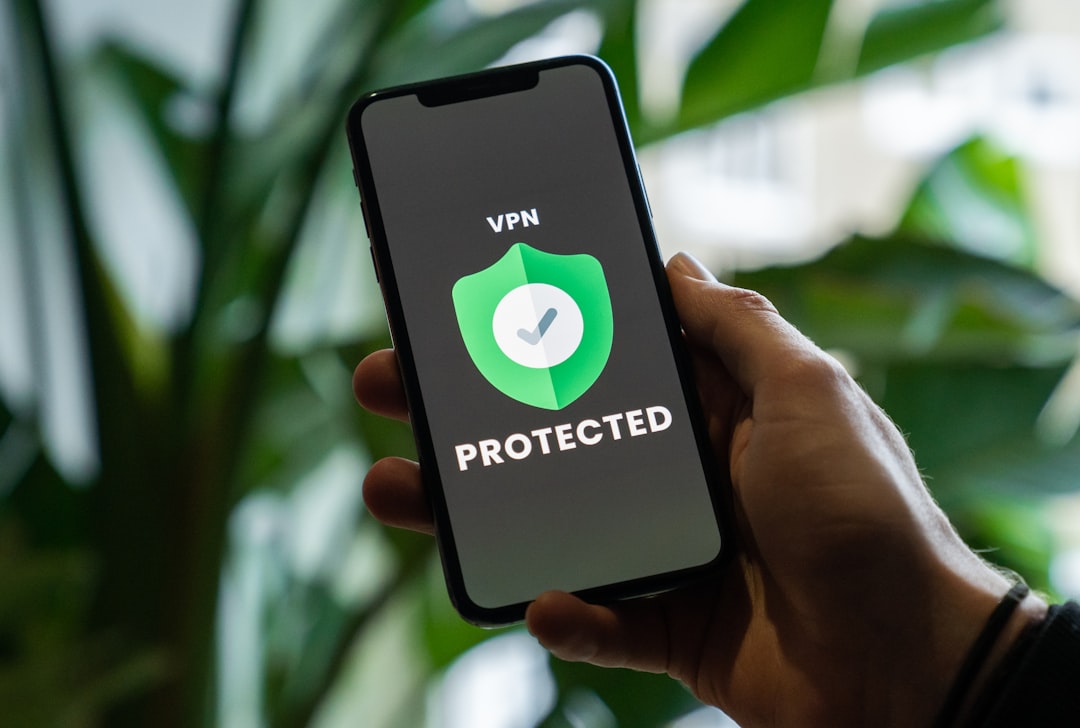
A Virtual Private Network (VPN) is a powerful tool that enhances privacy and security by encrypting internet traffic. But what happens when you turn off your Wi-Fi while connected to a VPN? Does it interrupt or completely disable your VPN connection? Let’s dive into the details.
Understanding How a VPN Works
A VPN functions by establishing a secure, encrypted tunnel between your device and a remote server. This tunnel allows data to transmit securely, preventing third parties from snooping on your internet activity. It relies on an active internet connection to maintain this encrypted channel.
What Happens When You Turn Off Wi-Fi?
When you disable Wi-Fi on your device, you effectively cut off internet access unless you’re using an alternative connection such as mobile data or an Ethernet cable. Since a VPN needs an active internet connection to route traffic through its secure tunnel, turning off Wi-Fi disrupts this process.
Here’s what happens step by step:
- VPN Disconnects: Without an internet connection, the VPN session will be lost.
- IP Address Exposure: If your device switches to a different network (like mobile data) automatically, your real IP might be temporarily revealed.
- Potential Data Leaks: In the brief moment before the VPN reconnects (if configured properly), your data might be transmitted unsecured.

Will the VPN Reconnect Automatically?
Most modern VPN applications have automatic reconnection features when the internet is restored. However, this depends on your settings. Here are some key factors that determine whether your VPN will reconnect:
- Kill Switch Enabled: A kill switch ensures that if the VPN disconnects, no data leaves your device until the VPN reconnects.
- Auto-reconnect Feature: Some VPNs are configured to automatically re-establish a connection when the internet returns.
- Network Change Settings: Switching from Wi-Fi to mobile data may cause the VPN to disconnect briefly, unless it’s designed to switch seamlessly.
To avoid disruptions, ensure your VPN has a kill switch and auto-reconnect enabled.
Does Turning Off Wi-Fi Affect VPN Privacy?
Yes, but only momentarily. The moment your Wi-Fi turns off, your connection is severed, and depending on how your device handles it, there could be a brief exposure of your real IP address before the VPN reconnects.
Ways to Minimize Exposure:
- Ensure your VPN has a strict no-log policy to minimize security risks.
- Turn on Kill Switch to prevent data leaks.
- Use a VPN that supports seamless network switching.

How to Keep Your VPN Connected When Wi-Fi Is Off
If you plan to turn off Wi-Fi but still need a VPN, consider these alternatives:
- Use Mobile Data: If you have a mobile plan with unlimited data, switch to cellular internet.
- Use a Wired Connection: A direct Ethernet connection won’t be affected by Wi-Fi interruptions.
- Connect to an alternative Wi-Fi network instantly.
Some VPNs even allow split tunneling, which lets you choose which apps stay connected via VPN regardless of network changes.
Conclusion
Turning off Wi-Fi does affect your VPN connection because the internet connection is lost. However, advanced VPN features such as a kill switch and auto-reconnect can minimize risks. If you want continuous VPN protection, ensure you have alternative internet solutions in place or that your VPN settings are optimized for seamless reconnection.
Understanding how VPNs behave with network changes can help you maintain a secure and private online experience, no matter what device or connection you use.






